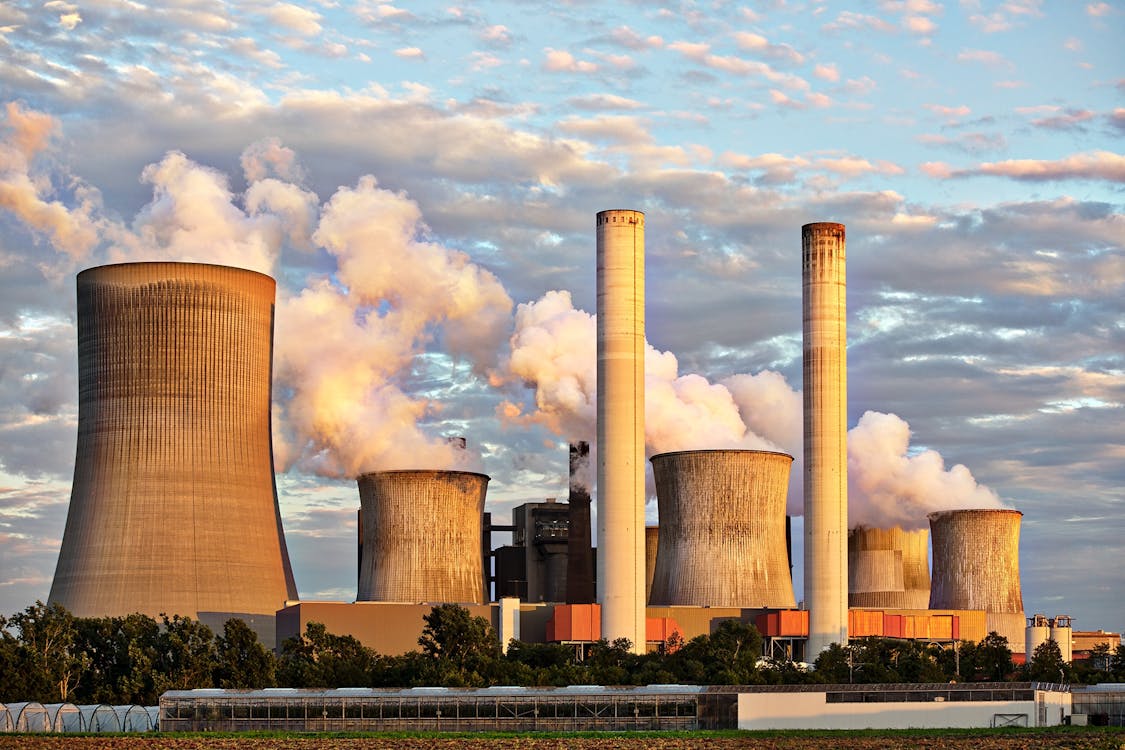
Climate change is not only an environmental issue but also a deeply psychological one, influencing how individuals perceive, engage with, or distance themselves from the crisis. The reality of a changing climate can evoke a range of emotions, from deep concern to outright denial, depending on personal experiences, social influences, and psychological coping mechanisms. Some individuals experience climate anxiety, an overwhelming fear about the future of the planet, which can either drive action or lead to emotional paralysis. Others may experience climate denial, rejecting or downplaying scientific evidence, often as a defense mechanism to protect themselves from distressing realities. A third response is climate apathy, where individuals acknowledge climate change but feel indifferent or powerless, believing that their efforts won’t make a meaningful difference. Each of these emotional responses plays a crucial role in determining how society collectively addresses—or fails to address—the climate crisis.
Understanding these emotional barriers is essential to fostering meaningful climate engagement. Climate anxiety can be transformed into constructive action when individuals are provided with clear solutions and a sense of agency. Climate denial, which is often fueled by misinformation, political ideology, or psychological avoidance, can be challenged through open conversations and trusted sources of information. Climate apathy, rooted in a sense of powerlessness or disconnection, can be addressed by highlighting the effectiveness of collective action and the importance of individual contributions in a larger movement. Recognizing and addressing these emotional responses is a critical step in shifting from inaction to active participation, ensuring that fear, skepticism, or indifference do not hinder progress in tackling the climate crisis.

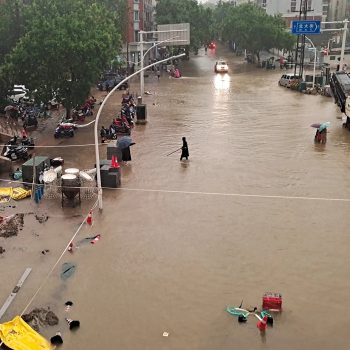


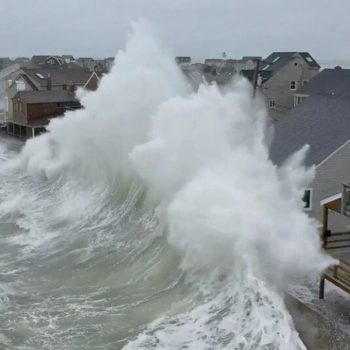
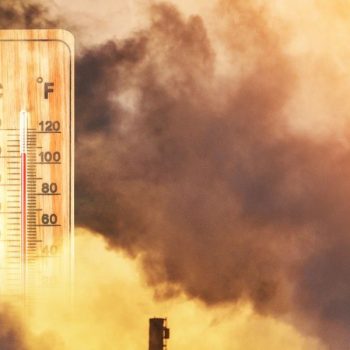
Moreover, the way climate change is communicated significantly impacts how people respond emotionally. Sensationalist and fear-driven narratives can heighten anxiety, leading to despair and disengagement, while dismissive rhetoric fosters denial and inaction. A more effective approach involves balancing urgency with empowerment, emphasizing not just the dangers of inaction but also the tangible steps individuals and communities can take. Encouraging climate-positive behaviors through supportive communities, policy advocacy, and educational initiatives can help reshape emotional responses into a driving force for change. By acknowledging the psychological dimension of climate change, we can create a culture of resilience, fostering hope and action instead of fear and avoidance.
Emotional Barriers to Climate Action

Climate Anxiety
Many people, especially younger generations, feel overwhelmed by the scale of climate change. The constant stream of alarming news can create a sense of helplessness. This anxiety often leads to emotional exhaustion and stress. As a result, some individuals become paralyzed, unsure of how to make a meaningful impact. They may feel that their personal actions are too small to create real change. Over time, this mindset can discourage activism and reinforce inaction.Climate Denial
Some people reject the science of climate change, often as a defense mechanism to avoid confronting difficult truths. Accepting the reality of climate change can be unsettling and may challenge deeply held beliefs. To cope with this discomfort, some individuals deny or downplay scientific evidence. This denial is often reinforced by misinformation spread through media and social networks. In some cases, political or ideological beliefs make people resistant to acknowledging the crisis. As a result, they may disengage from climate discussions or oppose policies aimed at addressing the issue.
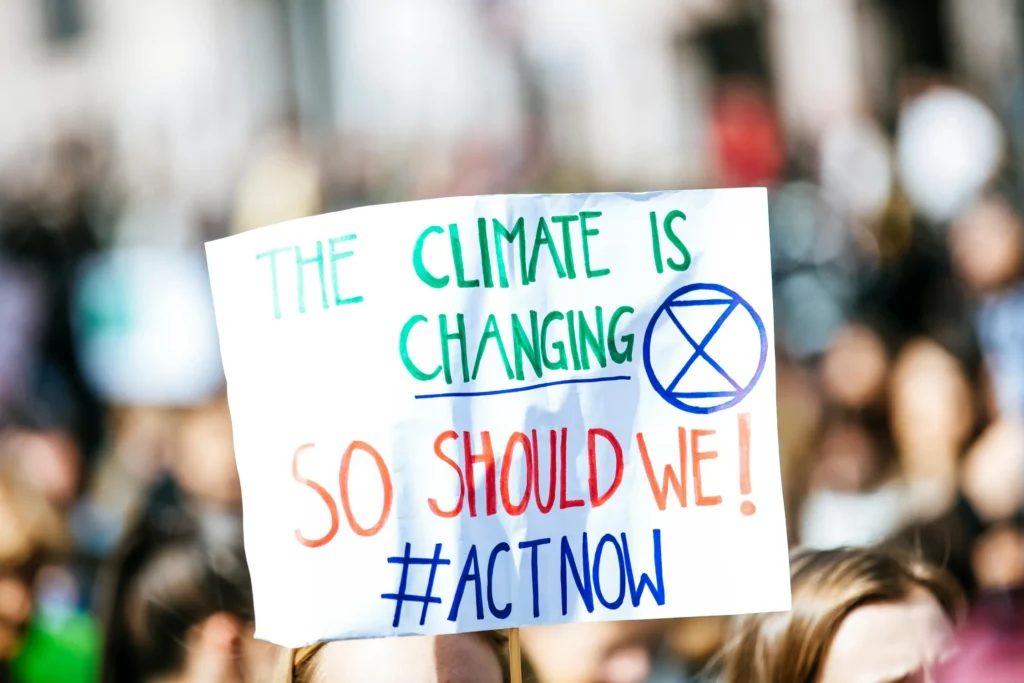
Climate Apathy
Others acknowledge climate change but feel indifferent or helpless. They understand the problem but struggle to see how their actions can create real change. This sense of powerlessness can stem from the belief that only governments and large corporations have the ability to make a difference. When individuals feel that their efforts are insignificant, they may choose not to act at all. Over time, this inaction reinforces a cycle of apathy and disengagement. Without a sense of personal or collective impact, they remain passive observers rather than active participants in the fight against climate change.Coping Stategies and Taking Action
Instead of allowing fear or inaction to take over, individuals can adopt strategies to turn climate emotions into productive engagement:
Acknowledge and Accept Feelings

Recognizing climate anxiety is the first step to addressing it. Psychological resilience can be built through mindfulness and community support.
Stay Informed and Focus on Solutions

Rather than getting lost in doom scrolling, focus on positive environmental changes and technological advancements.
Engage in Collective Action

Community initiatives, advocacy, and sustainable lifestyle choices can amplify individual efforts and create systemic change.
Develop a Climate Action Plan

Setting realistic goals—such as reducing waste, advocating for policies, or supporting renewable energy—can empower individuals and combat helplessness.
Connect with Like-Minded Communities

Joining climate-focused organizations provides emotional support and reinforces commitment to action.
Interactive Climate Mindset Quiz
Take this self-assessment to understand your climate mindset and how you can shift from fear to action:

How often do you think about climate change?
A) Daily
B) Occasionally
C) Rarely
When you hear about climate disasters, do you:
A) Feel overwhelmed but motivated to act
B) Acknowledge it but don’t know what to do
C) Ignore or dismiss the issue
Which statement best describes your approach to sustainability?
A) I actively seek ways to reduce my carbon footprint
B) I make small changes but feel they don’t matter much
C) I don’t think individual actions can make a real difference
Mostly A's
You are an Engaged Activist—keep up the momentum and inspire others!
Mostly B's
You are a Concerned Observer—take small steps to turn your awareness into action.
Mostly C's
You might be experiencing Climate Apathy or Denial—exploring more information and engaging in small actions can help shift your mindset.
By understanding our emotional responses and taking proactive steps, we can move beyond fear and towards meaningful climate action. Every step counts, and collective efforts can drive the systemic change needed for a sustainable future.
